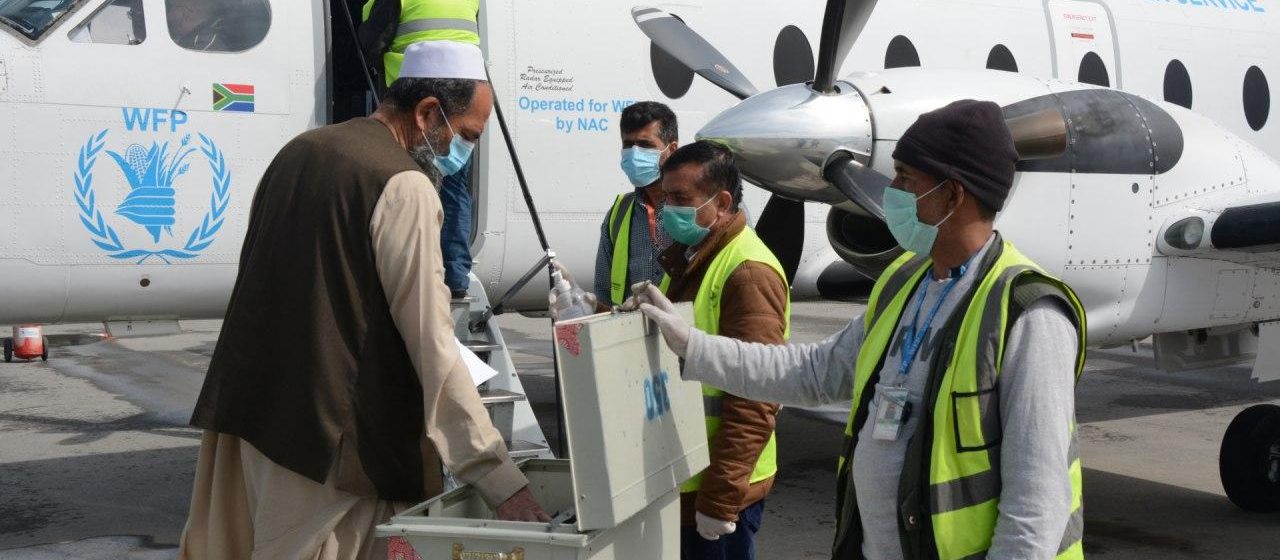The UN’s World Food Programme (WFP) issued a critical warning that it may soon have stop its life-saving humanitarian aid and transport flights due to a lack of funding.
Publish dateSaturday 20 June 2020 - 15:43
Story Code : 212533
Elisabeth Byrs, a WFP spokesperson, said its humanitarian air fleet could be grounded by the end of July unless a “substantial injection of funds” is provided.
“I think all the operations will be affected, because you need money to get to charter a plane for passenger and medical evacuation, or to transport cargo,” she said.
Of the $965 million needed to maintain the operation through to the end of the year, only $178 million or 14% has been secured so far.
Response on a scale ‘never seen before’
As international flights came to a stop due to the COVID-19 pandemic, WFP stepped in to move passengers and huge volumes of health and other supplies.
“This is a response on a scale never seen before,” said Byrs.
Using a network of global and regional transportation hubs, WFP Aviation has over recent months transported personal protection equipment, masks and ventilators – as well as staff from scores of aid organisations. WFP also has large numbers of ships and trucks transporting goods on behalf of other UN agencies and non-government organisations.
Till now, 375 passenger and cargo flights have flown 2,500 responders from more than 80 aid organisations to destinations across Africa, Asia, Latin America and the Middle East. They still have enough cargo to fill 120 Jumbo Jets waiting to be transported in coming weeks
The WFP operates a network of global aid hubs in China, Belgium and United Arab Emirates, near the locations where supplies are manufactured.
It also controls regional hubs in Ethiopia, Ghana, South Africa, Malaysia, Panama and Dubai.
With a few regions restarting commercial flights, Byrs said there might be some respite. “I know that slowly and slowly, step by step, some commercial flights will resume and we use them as often as it’s possible,” but there will still be countries, especially in regions like the Middle East, Latina America and Asia, “where it’s badly needed,” she added.
Source : Afghan Voice Agency(AVA)
avapress.com/vdcfm0d0mw6dyta.r7iw.html
Tags
Top hits
4







